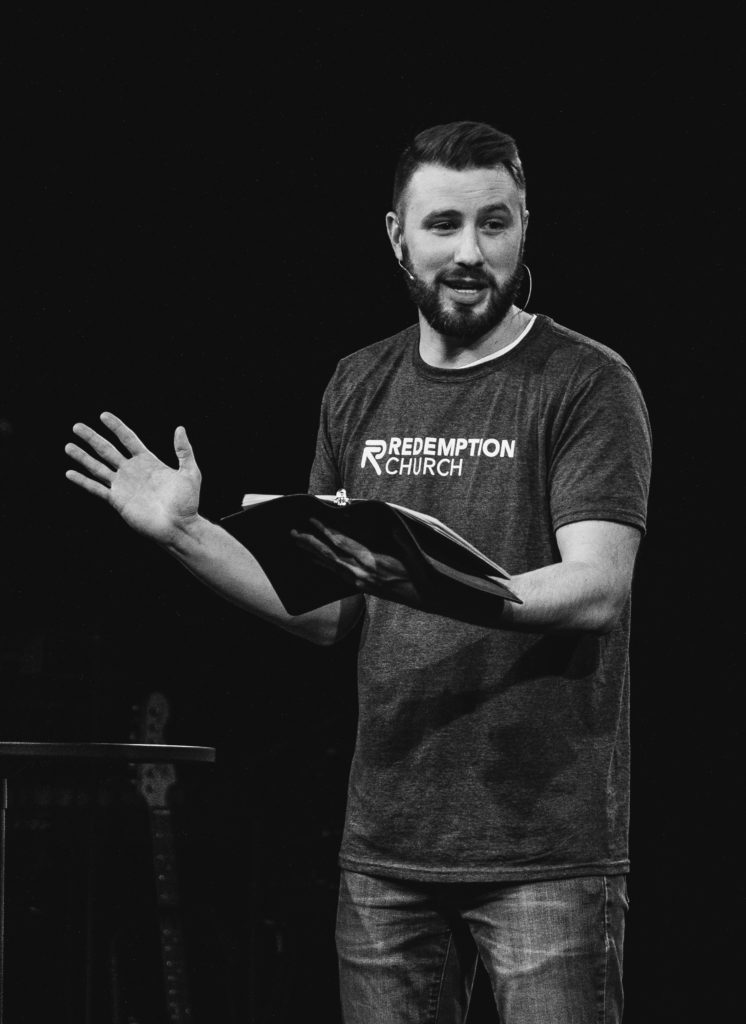George Floyd
I want to take a break from our parenting blogs this week to address something important. I want to recognize the evil we continue to experience in our culture. George Floyd was murdered this week. Video footage shows his inhuman abuse at the hands of police officers.
It’s not okay, it’s not right, and it’s unjust. I lament over another loss of human life and I’m angry.
Of course, Mr. Floyd’s story is not an isolated event. This has happened throughout the history of the United States more than we can probably fathom, when no videos were available to document the horrific crimes. Racism is a deeply rooted problem we have always faced as a nation, specifically the oppression of black Americans by white Americans.
There’s no doubt the problems are a ripple effect of our nation’s past slavery culture. And unfortunately, there’s no doubt this won’t be the last racially charged incident we experience as a country.
The Deeper Problem
The problem of racism goes much deeper, though. There’s a foundational problem. Every human heart is prone to racism because of the fall of humanity. It was that moment in Genesis 3 when humans rebelled against God, our Creator, that we stopped valuing what he values, including other human beings made in his image. We still do that now, and racism is a ripple effect.
Many other injustices against God’s image bearers are a ripple effect, as well. Abortion, euthanasia, domesic and sexual abuse, human trafficking, or any other kind of violation or discrimination… These are all things God hates! And I think we ought to hate them all.
But I think discussing racism in our context, specifically, is important at this moment in time because we are constantly being reminded that people hate other people based on the color of their skin, or their particular cultural background.
And maybe even more important to point out, many white people in our nation are constantly blinded to the frustrations and fears of their black neighbors. Whether it’s intentional, or unintentional. Many times, whites in our culture will justify away the murder of someone simply because they’re black. “Well, if he wouldn’t have done that/ said that/ been there, he wouldn’t have gotten killed.” Basically saying that if he’d “known his place,” this wouldn’t have happened.
It’s like telling a girl who got raped at a frat party that if she just hadn’t been dressed like that/ done that/ been there, she wouldn’t have gotten raped. It’s victim-blaming. Instead, of crying with and being angry over the injustice of it with our neighbor, for some reason we want to blame them and excuse away the fact that it happened. And that’s not right. This is also a form of racism as we apply it to our black neighbors.
Why? Because when we turn a blind eye to the outcrys of our neighbors, we’re devaluing their perspective. We’re telling them, in essence, “Your opinion doesn’t matter to me.” And when we do that, whether we understand (or even agree with) someone else’s point of view, we’ve shown what the Bible calls partiality.
The Sin of Partiality
Partiality is favoring some over others. It’s what James points out:
“’If a brother or sister is poorly clothed and lacking in daily food, and one of you says to them, ‘Go in peace, be warmed and filled,’ without giving them the things needed for the body, what good is that? So also faith by itself, if it does not have works, is dead.”
James 2:15-17
In other words, if it’s within our power to help our neighbor in some way, and we choose to simply ignore their problem, our faith is dead faith. We’ve shown the partiality he talks about in James 2:1-13.
Again, that doesn’t mean we have to fully understand or even agree with someone’s point of view. But listening respectfully and attempting to do everything we can to help when they’re in need is what God commands us to do. That’s “loving your neighbor as yourself.” (James 2:8; Matt. 22:34-40)
God Loves Justice
Partiality is really a justice issue. Justice is treating everyone fairly (with impartiality). But according to God, it’s also more than that.
Justice according to the Bible is defending the cause of the poor, giving deliverance to the children of the needy, and crushing the oppressor! (Psalm 72:4) Basically, it’s standing in the gap for those who have been wronged or marginalized.
And whether you enter into that cause with God, or not, will reveal how true your religion really is (James 1:27). Because God loves justice.
Psalm 33 says, “[God] loves righteousness and justice; the earth is full of the steadfast love of the LORD.” (Psalm 33:5)
God is the only One who is completely impartial. He loves all of his image bearers so much, the earth is full of his love! But he is also the defender of the needy, and he will crush the oppressor and repay the proud what they deserve. (Psalm 94:2)
What Should We Do?
We should agree with God and join in his cause! Paul, in his letter to the Philippians, says to, “’Do nothing from selfish ambition or conceit, but in humility count others more significant than yourselves. Let each of you look not only to his own interests, but also to the interests of others. Have this mind among yourselves, which is yours in Christ Jesus.” (Philippians 2:3-5)
When we pray for God’s justice to come, and stand against injustice, and speak up when we see wrongdoing, and care for our oppressed neighbors, we’re counting them as more significant than ourselves, and looking to their interests, not just our own.
What am I saying? We need to be willing to speak up when we hear a racist comment and say it’s not acceptable. We need to be willing to step in and intercede on behalf of someone’s life in their moment of need.
At the very least, we can educate ourselves on the history of black oppression in our country so we’re not ignorant to the situation. I’m sure there are a ton of resources out there. If you know of more, drop a comment below. Here’s three to start you on this journey:
- Oneness Embraced, by Tony Evans
- The And Campaign, andcampaign.org
- The Gospel Coalition, thegospelcoalition.org
And of course, we should pray. Pray for justice to be done now (God’s will on earth, as in heaven); pray for the leaders of our country to figure out how to address this effectively from a political/legal point of view; as white Christians, pray for our black neighbors and pray that we would love them well; as black Christians, pray for grace and patience with your white neighbors.
Have This Mind
It’s only when we “have this mind” that we can put others before ourselves. What mind? The same mind that Jesus had, a mind of humility (not selfish ambition) and an overwhelming affection for our neighbor… the same affection that drove Jesus to die on the cross for our rebellion against God.
If we really understand God’s love for us, we’ll love others in the same way. And if we really love God, we’ll love what he loves. Not only does God love his image bearers, but he also loves justice.
God does care. He sees. And he will bring ultimate justice to the earth one day. Do you love justice, too?
I’m asking myself this question constantly. And even though I’m not perfect in it, I’m seeing the things I need to learn and unlearn in my own heart to be a better neighbor to my black friends and church family.

Author: Pastor Carter Mundy
Carter is the Lead Pastor of Redemption Church. Check out more about him and his family by clicking here.
